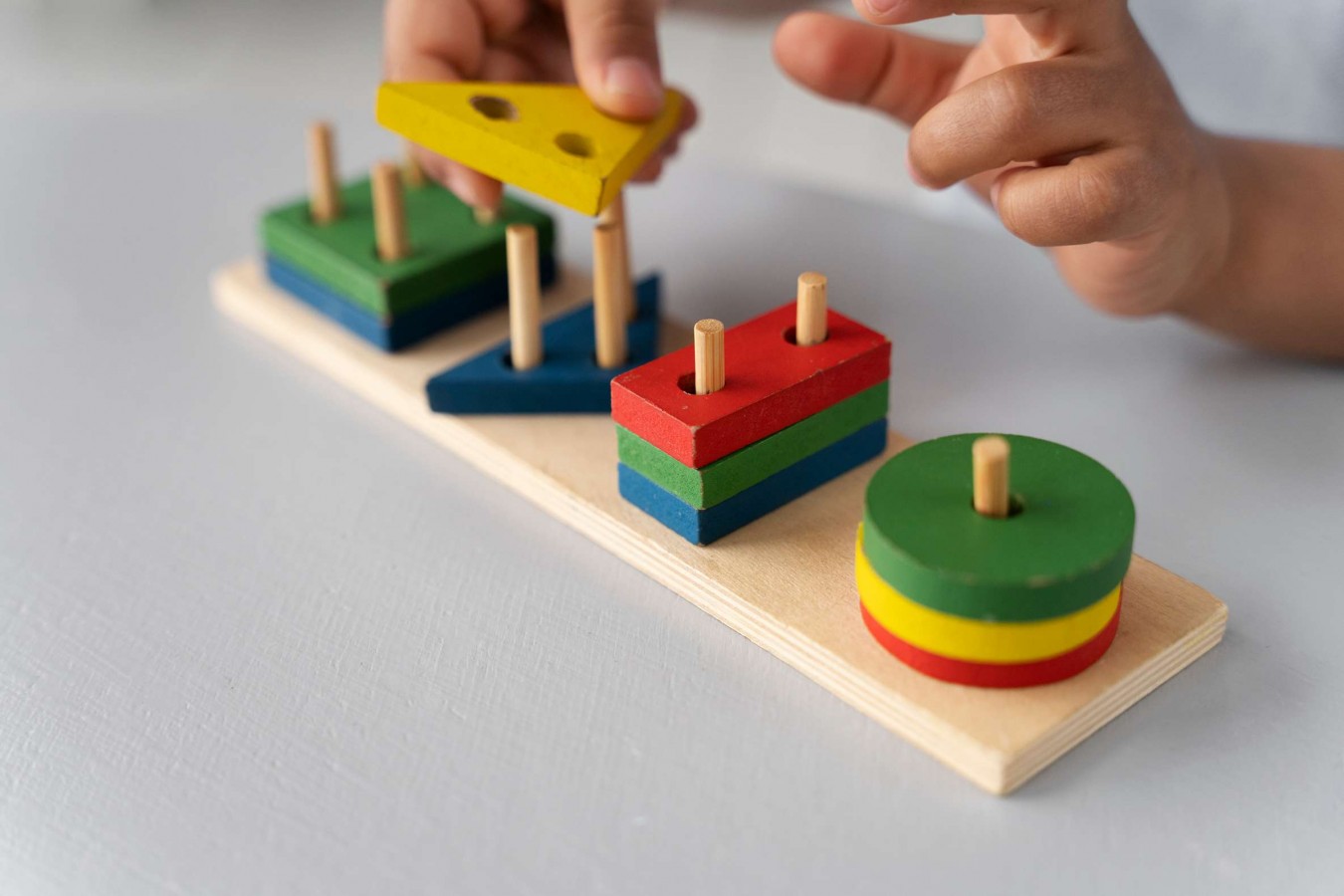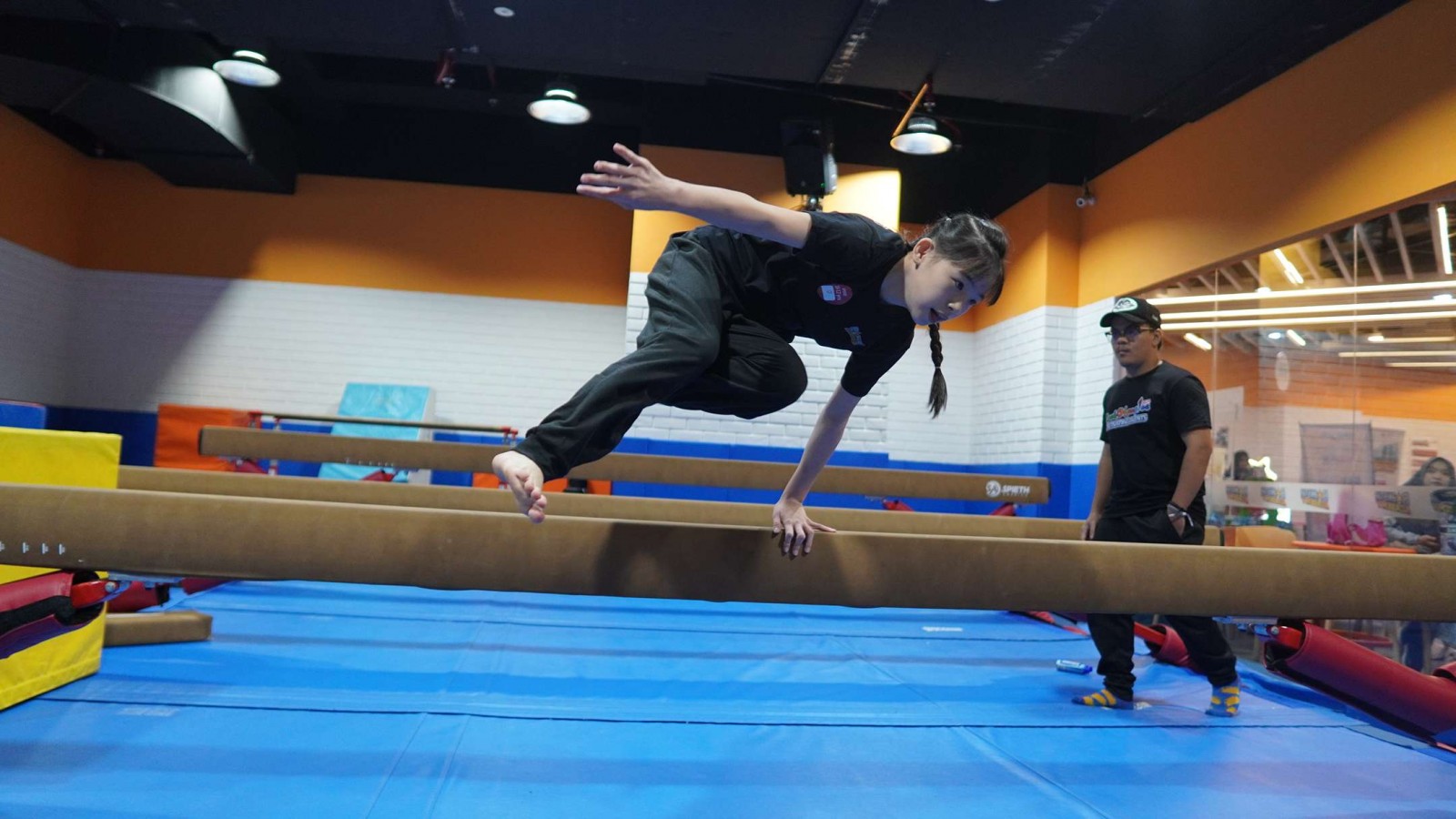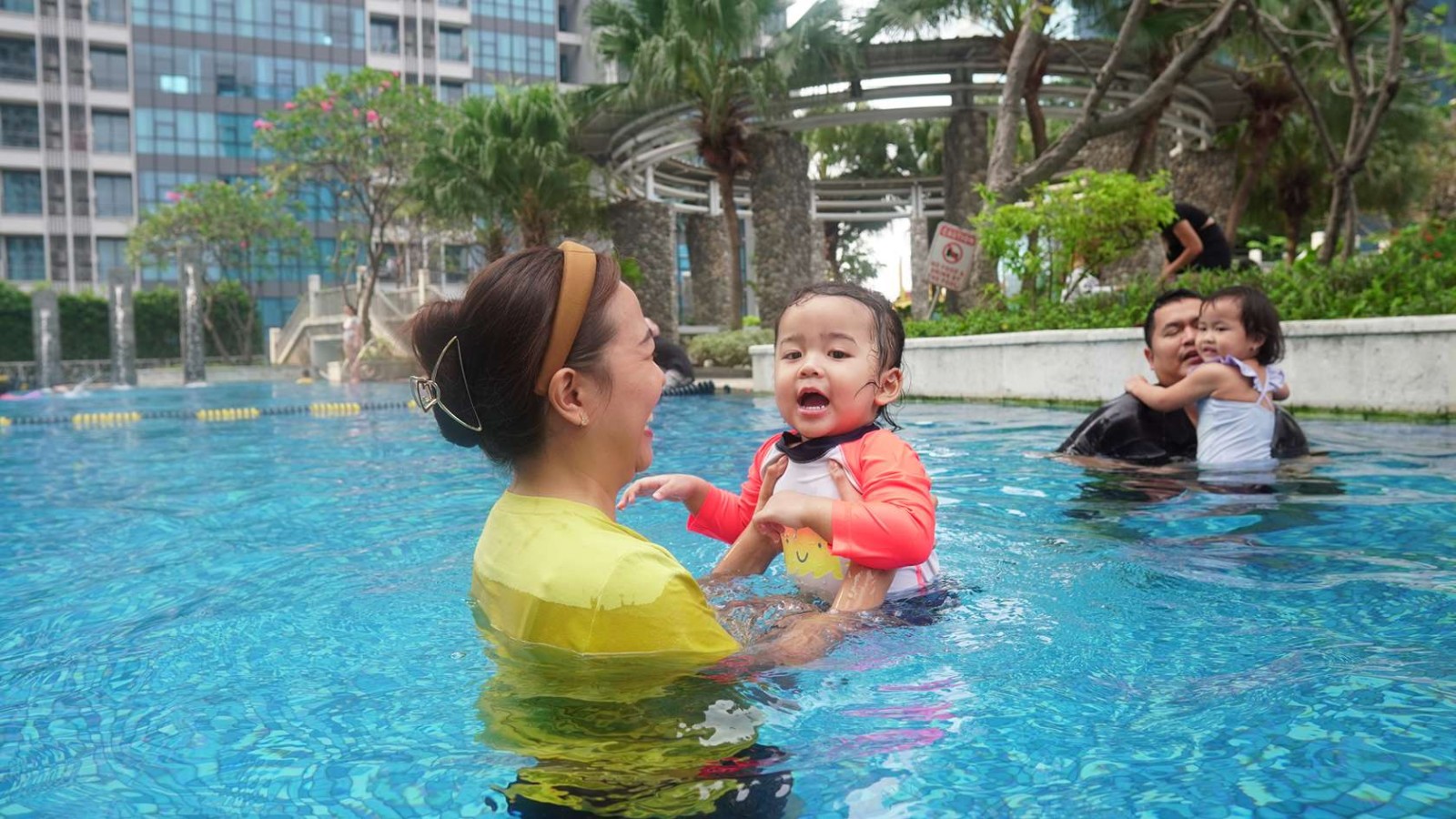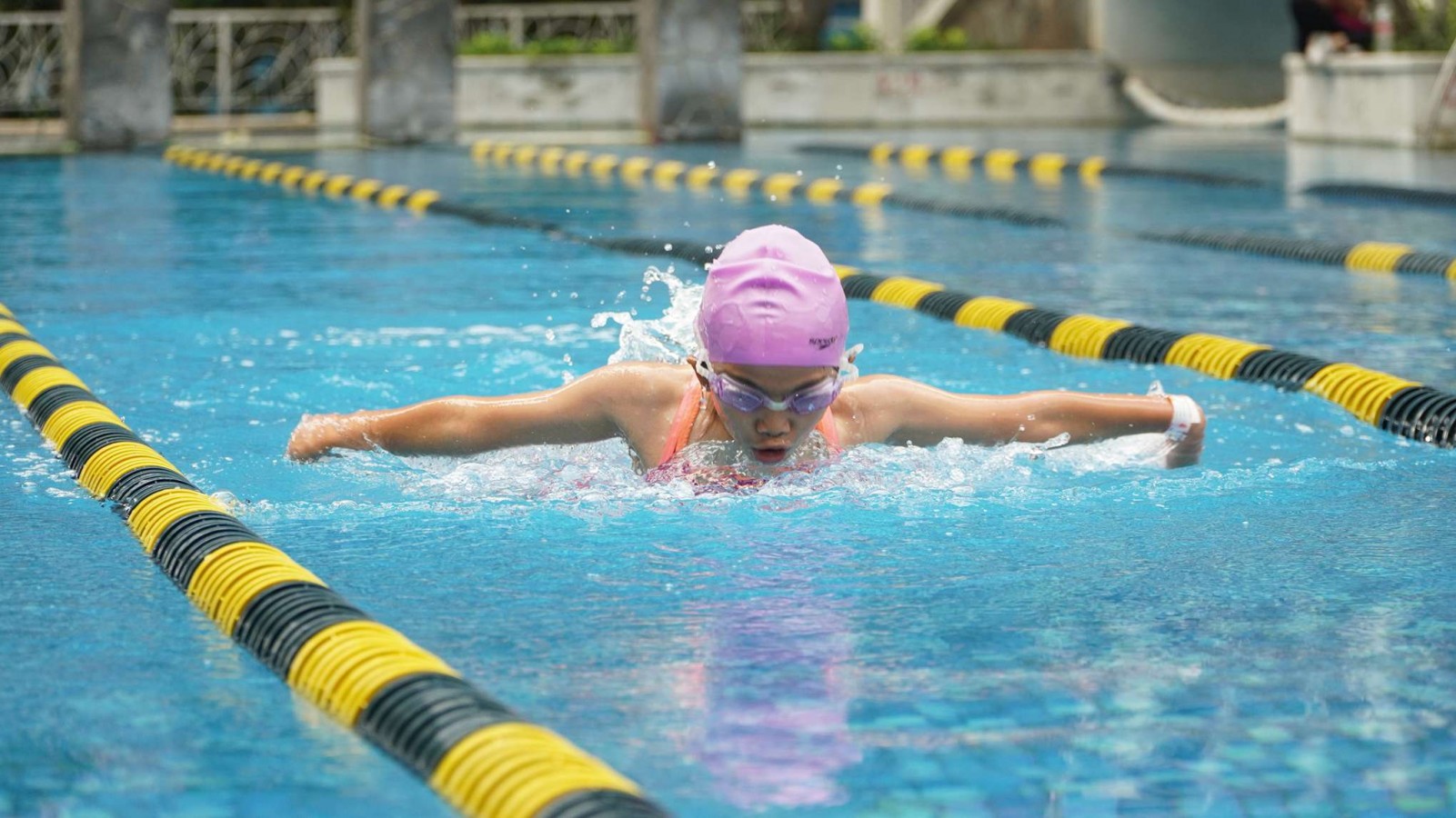The Sensorimotor Stage: This Is What Parent Should Know

The development of a child is a complex and fascinating journey, marked by various stages that shape their cognitive, emotional, and physical abilities. One of the crucial phases in this journey is the sensorimotor stage, a concept introduced by Swiss psychologist Jean Piaget.
Understanding this stage is fundamental for parents, caregivers, and educators as it lays the foundation for a child's future cognitive growth and interaction with the world. In this article, we will delve into the intricacies of the sensorimotor stage, exploring what parents should know to support their child's development effectively.
What is Sensorimotor Stage?
The sensorimotor stage is the first of Piaget's four stages of cognitive development, spanning from birth to approximately two years of age. During this stage, infants and toddlers primarily explore and understand the world through their senses and motor activities.
Piaget proposed that children progress through a series of sub-stages within the sensorimotor stage, each characterized by distinct cognitive achievements.
You can help improve a child's sensorimotor development by providing the best early childhood education. This can contribute to the optimal development of the child's sensorimotor skills.
Sub-Stages of the Sensorimotor Stage
During a child's growth, the age of 1 - 2 years marks the period when a child enters the sensorimotor stage. It is crucial for parents to be aware of these critical ages. Here are the sub-stages of the sensorimotor stage:
1. Reflexes (0-1 month)
- Infants begin their lives with reflexes such as sucking and grasping, essential for survival.
- Actions are primarily instinctual responses to stimuli.
2. Primary Circular Reactions (1-4 months)
- Infants start to repeat actions that bring them pleasure, focusing on their own bodies.
- Simple motor habits, like sucking on a thumb, are intentionally repeated.
3. Secondary Circular Reactions (4-8 months)
- Actions become more goal-oriented, extending beyond the infant's own body.
- Repetitive behaviors are directed toward external objects, like shaking a rattle to produce sound.
4. Coordination of Secondary Reactions (8-12 months)
- Infants begin to show intentional, goal-directed behavior.
- They develop object permanence, understanding that objects exist even when out of sight.
5. Tertiary Circular Reactions (12-18 months)
- Experimentation becomes a key focus, with toddlers exploring different ways to interact with objects.
- Novelty and variation in actions are observed.
6. Beginning of Thought (18-24 months)
- The child starts to use symbols and engage in mental representation.
- Language development accelerates, marking the transition to the preoperational stage.
Key Characteristics of the Sensorimotor Stage
There are several characteristics that emerge when a child enters the sensorimotor stage. This is crucial for parents to know, as children will imitate or mimic what they see. Therefore, avoid engaging in negative behaviors in front of your child. Here are some key characteristics of the sensorimotor stage:
A. Object Permanence
- The understanding that objects continue to exist even when they are out of sight.
- Achieved during the coordination of secondary reactions sub-stage.
B. Goal-Directed Behavior
- Infants learn to act with a purpose, intentionally pursuing specific outcomes.
- Coordination of secondary reactions and tertiary circular reactions sub-stages showcase this development.
C. Sensorimotor Intelligence
- The ability to coordinate sensory input with motor actions.
- Cognitive growth is marked by increasingly complex sensorimotor schemes.
D. Imitation
- Infants begin to imitate observed actions, fostering social learning.
- Imitation is a precursor to more complex social interactions.
Parental Guidance during the Sensorimotor Stage
Being a parent is indeed not an easy task. Many parents are still confused about what to implement when their child enters the sensorimotor stage. Therefore, this time, we will share some parental guidance during the Sensorimotor Stage:
1. Provide Stimulating Environments
Offer toys and objects that encourage exploration and manipulation, stimulating the development of sensorimotor skills.
2. Facilitate Safe Exploration
Create a safe space where infants can freely explore their surroundings, promoting motor development and sensory experiences.
3. Encourage Imitation
Demonstrate simple actions for infants to imitate, fostering the development of social and cognitive skills.
4. Establish Consistent Routines
Consistency in daily routines provides a sense of predictability, contributing to a child's understanding of cause and effect.
5. Respond Promptly to Needs
Meeting a child's needs promptly, whether for food, comfort, or attention, fosters a secure attachment and a sense of trust in the environment.
Parents Play a Crucial Role When Infants Entering The Sensorimotor Stage!
The sensorimotor stage is a critical phase in a child's cognitive development, laying the groundwork for subsequent stages of learning and understanding. Parents play a vital role in fostering a supportive environment that encourages exploration, stimulates the senses, and promotes the development of crucial skills.
In addition to early childhood education, you can provide fun classes for your child, such as the Sport & Performing Arts Academy. With a variety of sports and art classes that offer flexibility for children to choose what they enjoy.
Elevate your child's potential at Rockstar Academy, the premier choice for your children's development. Don't hesitate! Reach out to Rockstar Academy now to foster your child's sensorimotor skills and overall growth!
FAQ
1. What is the sensorimotor stage in child development?
The sensorimotor stage is the first of Jean Piaget's four stages of cognitive development, occurring from birth to around two years old. It focuses on the development of sensory and motor skills as children explore and interact with their environment.
2. What are sensorimotor skills?
Sensorimotor skills involve the integration of sensory perception (such as touch and vision) with motor control. These skills include gross and fine motor skills, hand-eye coordination, spatial awareness, and more.
3. What are the sub-stages of the sensorimotor stage?
The sub-stages of the sensorimotor stage, according to Piaget, include reflexes (0-1 month), primary circular reactions (1-4 months), secondary circular reactions (4-8 months), coordination of secondary reactions (8-12 months), tertiary circular reactions (12-18 months), and the beginning of thought (18-24 months).



